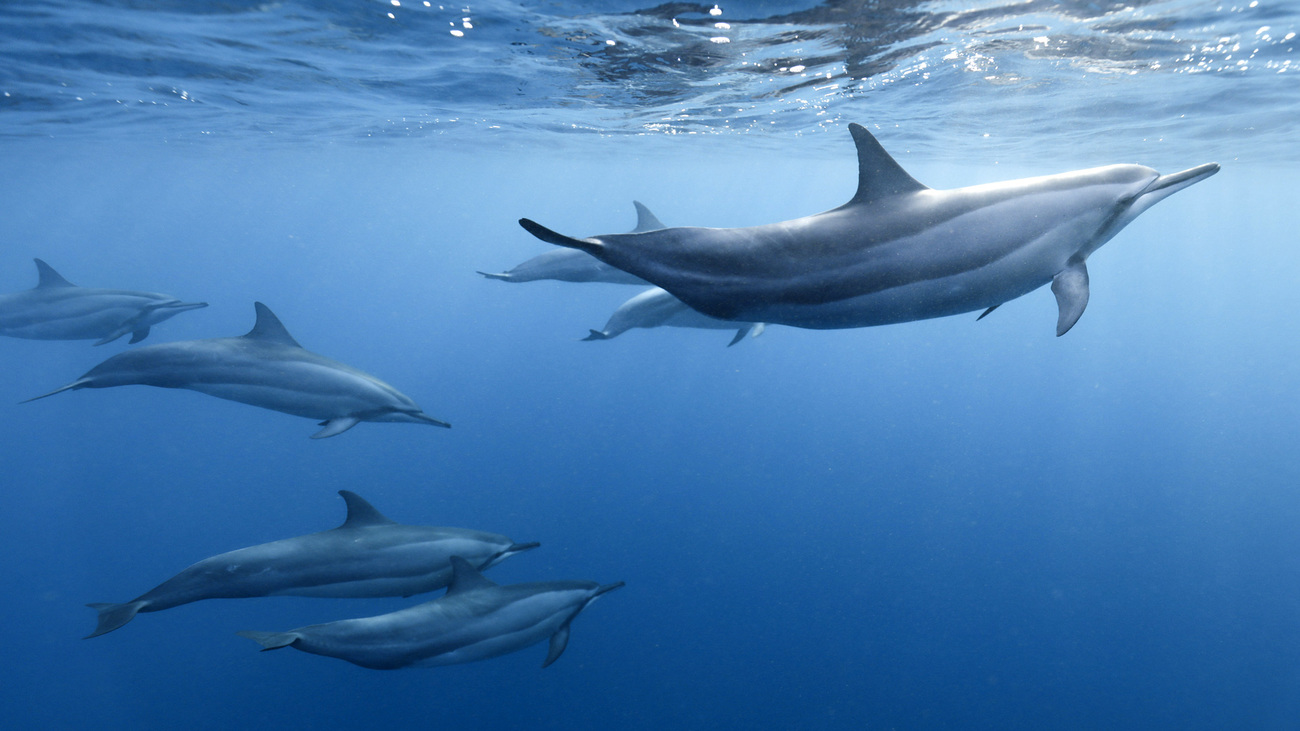Ocean biodiversity plays a crucial role in regulating our planet and directly impacts our future. The oceans, which are home to a multitude of species, contribute to climate regulation, oxygen production and the provision of food resources. However, this marine wealth is threatened by human activities, such as pollution, overfishing and climate change. Understanding how this biodiversity influences our terrestrial and marine ecosystems is essential to promote sustainable practices and guarantee a better future for generations to come. By preserving ocean life, we not only protect our environment, but also our collective prosperity.
| Axis | Influence on our future |
| Carbon sequestration | The oceans absorb a large amount of CO2, regulating the climate and mitigating climate change. |
| Food resources | Marine biodiversity ensures the sustainability of fisheries, crucial for global food security. |
| Blue economy | A healthy ocean supports maritime industries, creating jobs and boosting local economies. |
| Resilient ecosystems | Diverse ecosystems are more resilient to disruption, ensuring essential ecosystem services. |
| Human health | Marine diversity provides bioactive compounds for medicines, influencing our health and well-being. |
- Climate regulation
- The oceans absorb carbon dioxide, thereby regulating the Earth’s climate.
- Sustainable economy
- Maritime resources support millions of jobs and sectors, such as fishing and tourism.
- Food biodiversity
- The seas provide a variety of foods, essential for global food security.
- Coastal protection
- Marine ecosystems, such as mangroves, protect coastal areas from storms and erosion.
- Scientific innovation
- Research on marine organisms inspires advances in medicine and biotechnology.
- Ecosystem balance
- Ocean biodiversity maintains the balance of food locks and aquatic habitats.
- Resilience to climate change
- Rich ecosystems adapt better to disturbance, helping to conserve biodiversity.
- Ecosystem services
- Oceans provide essential services, such as water purification and nutrient regulation.
Table of Contents
ToggleImpact of ocean biodiversity on terrestrial ecosystems

There ocean biodiversity plays a crucial role in maintaining terrestrial ecosystems. The oceans are a vital source of oxygen thanks to phytoplankton, which produce around 50% of the world’s oxygen. Additionally, the oceans absorb a significant amount of carbon dioxide, helping to regulate the global climate.
Coral reefs, often called tropical forests of the seas, are home to a wide range of marine species. These reefs are essential not only for marine biodiversity, but also for human communities dependent on marine resources for their livelihoods. The destruction of coral reefs can cause considerable economic losses and affect food security in many parts of the world.
The loss of ocean biodiversity can have disastrous consequences for terrestrial ecosystems. For example, the collapse of fish populations can influence terrestrial food chains, thereby affecting animal and human species. The causes and consequences of this loss are multiple and interconnected.
The oceans also play a role as climate regulator. They absorb and redistribute global heat, thereby influencing weather conditions on Earth. There relationship between biodiversity and climate is complex but essential for understanding the interdependence of marine and terrestrial ecosystems. Better management of marine resources and increased protection of ocean biodiversity are therefore essential to preserve the global ecological balance.
Climate regulation by the oceans
There ocean biodiversity plays a fundamental role in maintaining marine ecosystems, and its influence extends well beyond the oceans. Marine ecosystems form a complex symbiosis that supports life on Earth in multiple ways.
Climate regulation by the oceans : Oceans absorb nearly 30% of global carbon dioxide emissions, thereby contributing to the reduction of greenhouse gases in the atmosphere. Additionally, they regulate global temperatures through ocean circulation, which redistributes heat around the planet.
Marine species such as phytoplankton are essential to this process. They capture carbon dioxide through photosynthesis and produce much of the oxygen we breathe.
There preservation of marine biodiversity is therefore crucial not only for marine ecosystems, but also for the quality of life on Earth. A decline in this biodiversity can lead to severe climate disruption and a reduction in the resilience of other ecosystems. To further explore this interaction, the UN website details how marine ecosystems ensure the health of the planet.
The fight against threats to biodiversity is therefore an absolute priority. Conservation efforts, sustainable development and environmental policies must be strengthened to protect these precious marine ecosystems and, therefore, ensure a healthier future for our planet.
Role of the oceans in the food chain
There ocean biodiversity plays a vital role in maintaining terrestrial ecosystems. The oceans regulate climate, absorb carbon dioxide and produce more than half of the oxygen we breathe. By protecting this biodiversity, we create a barrier against climate change.
The oceans influence the distribution of precipitation and global temperature, which directly impacts terrestrial ecosystems. For example, coral reefs are home to a multitude of species and serve as natural barriers that protect coastlines from violent storms and erosion.
There food chain Marine is also an essential component of ocean biodiversity. Marine organisms, from plankton to large predators, form complex networks of food dependencies. Through their presence, they ensure the balance and health of ecosystems, both marine and terrestrial.
Here are some crucial aspects of the role of the oceans in the food chain:
- THE plankton constitutes the base of the food chain for both small fish and whales.
- THE pelagic fish have a role as mediators between the lower and upper trophic layers.
- Large predators, like sharks, control populations of smaller fish, keeping ecosystems in balance.
THE marine protected areas are essential to preserving these valuable food chains, as they provide refuges where species can breed and feed without excessive human pressure.
Extreme weather conditions, amplified by climate change, also have an impact on marine ecosystems and their biodiversity. Events such as hurricanes, marine heat waves or rising sea levels disrupt habitats and the species that depend on them. More information on these impacts can be found in specialist articles.

Frequently Asked Questions
Ocean biodiversity plays a crucial role in regulating climate by absorbing carbon dioxide and producing oxygen. The oceans act as a carbon sink, mitigating the effects of climate change.
Marine biodiversity is a source of income for many communities through fishing, tourism and other industries. It contributes to food security and job creation.
Loss of biodiversity in the oceans can disrupt marine food chains, leading to ecosystem imbalances and declines in populations of certain species, thereby affecting the availability of resources for humans and other animals.
Threats include overfishing, pollution, climate change and ocean acidification. Each of these threats affects the health of marine ecosystems and, therefore, our future on Earth.
We can protect ocean biodiversity through measures such as creating marine protected areas, reducing pollution, supporting sustainable fishing practices and educating communities about the importance of marine conservation.








